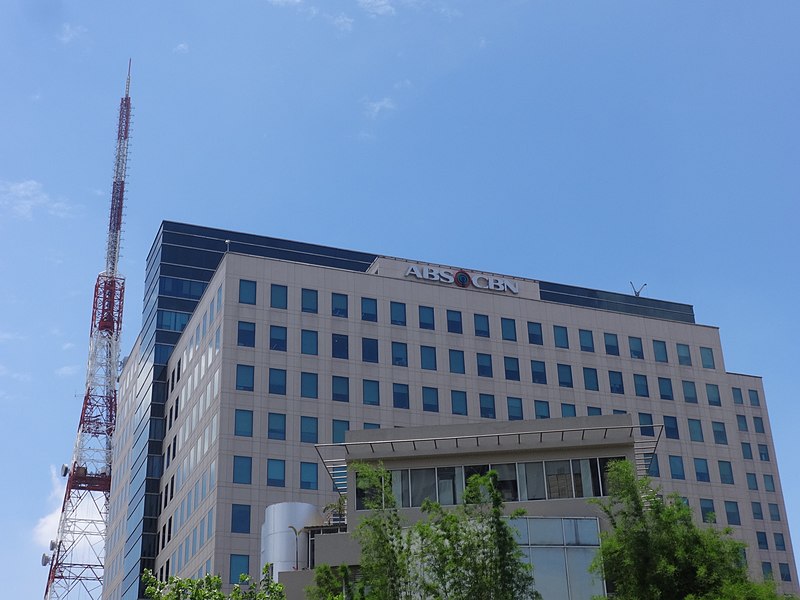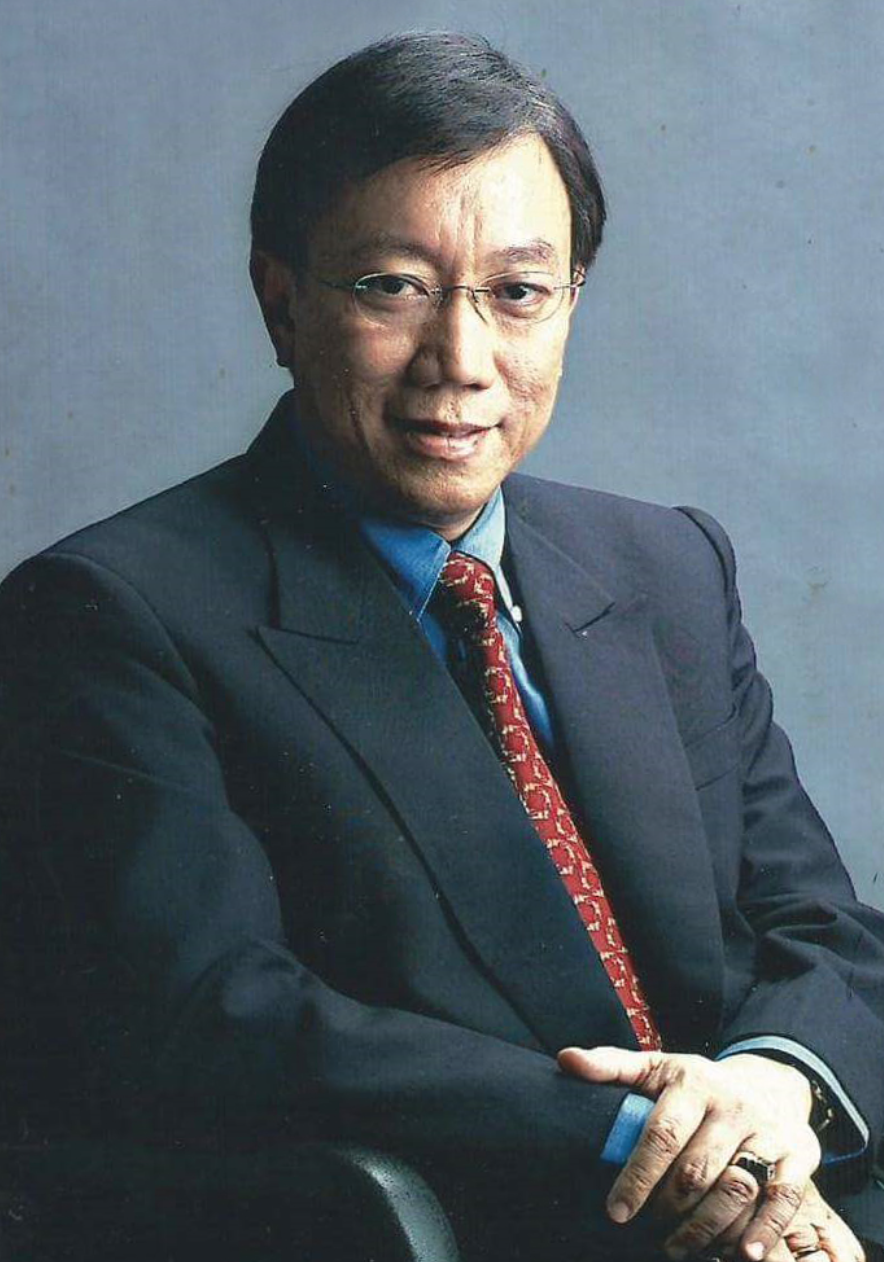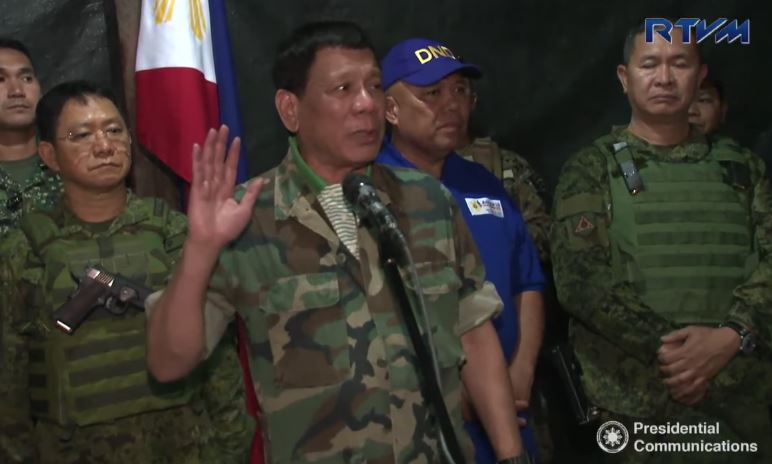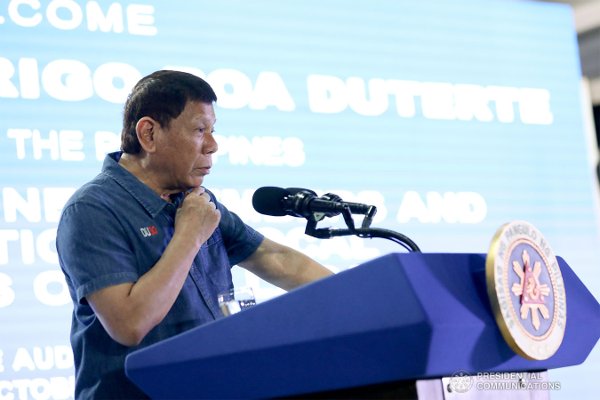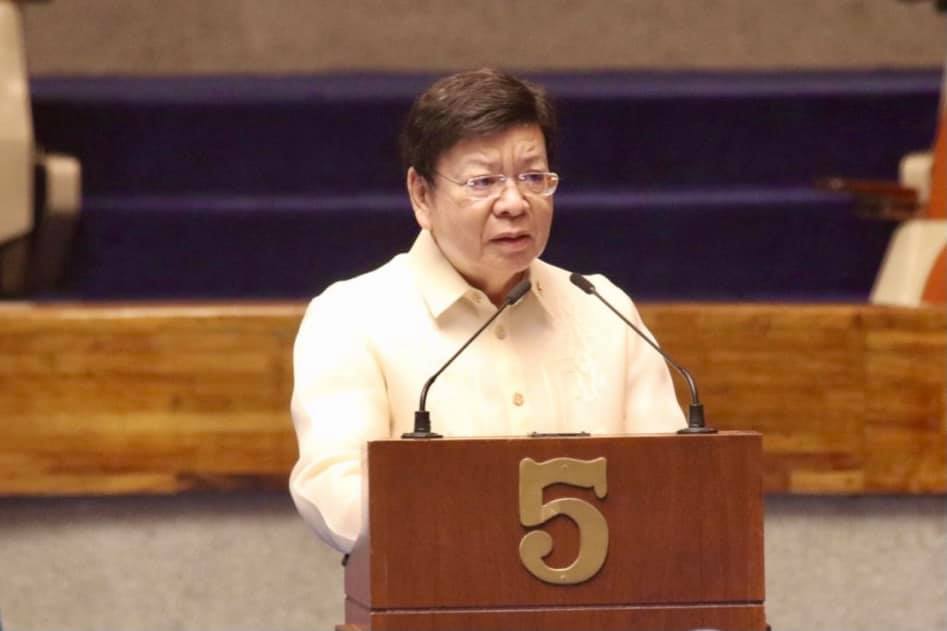Broadcast network ABS-CBN asserted on Monday that it did not violate its franchise provisions as it decried the quo warranto petition filed by Solicitor General Jose Calida before the Supreme Court (SC) as an “effort to shut down” its television and radio operations.
Calida, in filing the petition earlier in the day, said the move was not politically motivated.
Calida lodged the quo warranto petition as a “very urgent omnibus motion” before the SC against ABS-CBN and its subsidiary ABS-CBN Convergence, formerly the Multi-Media Telephony Inc., for violating their own “legislative franchises.”
A quo warranto petition is a legal action that can be taken by the government based on various grounds, including when a person “unlawfully holds or exercises” a franchise, according to the 1997 Rules of Civil Procedure.
It was filed barely 49 days before ABS-CBN’s 25-year franchise expires. A proposed renewal of the franchise has been pending in Congress.
Calida said that ABS-CBN committed two violations of its franchise: for launching and operating the pay-per-view channel KBO in the ABS-CBN TV Plus “without prior approval or permit” from the National Telecommunications Commission”, and for its “elaborately crafted corporate veil” for allowing foreigners to take part in its ownership by issuing Philippine Depositary Receipts (PDRs), likening it to the ownership questions raised against online news organization Rappler.
In response through a public statement, the network said: “ABS-CBN complies with all the pertinent laws governing its franchise and has secured all necessary government and regulatory approvals for its business operations.”
“We reiterate that everything we do is in accordance with law. We did not violate the law,” it added.
ABS-CBN said Calida’s action was also “ill-timed” and that shutting down its broadcasting operations would deprive millions of its Filipino patrons with the services it provides.
“The Senate, the House of Representatives, and the Executive Branch have assured the public that our franchise will be allowed to go through the proper renewal process in a fair manner. To that end, the filing of the quo warranto case is ill-timed given that Congress has already resumed its session,” ABS-CBN stated.
Further, Calida claimed that ABS-CBN Convergence tried to transfer its franchise “without the necessary congressional approval,” and for its failure to publicly offer its outstanding franchise stock to any securities exchange in the country within five years from the start of its franchise.
“The legislative franchises of ABS-CBN and its subsidiary, ABS-CBN Convergence Inc, must be revoked,” the government’s chief lawyer said.
“A franchise is a special privilege given by the State and should be restricted only to entities which faithfully adheres to our Constitution and laws,” he added.
To this, ABS-CBN argued that its business operations were all bound by the law. It said that all of its broadcast offerings, including KBO, have been given the “necessary government and regulatory approvals.”
The network added that its PDRs were “evaluated and approved” by the Securities and Exchange Commission and the Philippine Stock Exchange prior to its public offering.”
“The capital we have raised from the PDRs has enabled us to provide services to nearly 90 percent of the Philippines and to our OFW’s all over the world.”
ABS-CBN clarified that its ownership in ABS-CBN Convergence was “undertaken under the same law and structures that have been utilized by other telecommunications companies.”
It said: “These are transfers that are approved under the Public Telecommunications Policy Act and are fully compliant with law.”
Several lawmakers and media organizations, including the National Union of Journalists of the Philippines (NUJP), have expressed support for ABS-CBN following Calida’s petition.
Senators Francis Pangilinan and Grace Poe said the quo warranto petition does not stop Congress from tackling the franchise renewal of the broadcast network.
Sen. Risa Hontiveros described Calida’s move as an attack to press freedom and “a vindictive action” against critical journalism.
The NUJP, which has since organized a series of “black Friday protests” for the renewal of the franchise of ABS-CBN, called the quo warranto petition as proof that the government is “hell bent” to close the television network.
“This proves without a doubt that this government is hell bent on using all its powers to shut down the broadcast network whose franchise renewal, now pending in Congress, President Rodrigo Duterte has personally vowed to block. So much so that it would risk trampling on Congress’ authority to legislate franchises,” the media group said.
Operating by virtue of Republic Act 7966, the ABS-CBN’s television and radio franchise expires on March 30, or 25 years since its signing on March 30, 1995. The franchise of ABS-CBN Convergence will lapse in 2022.
On several occasions, Duterte himself openly threatened to block the renewal of ABS-CBN’s franchise, saying that the network swindled him for not airing his paid political advertisements during the 2016 presidential elections.
Presidential Spokesperson Salvador Panelo, meanwhile, distanced Duterte from the petition, saying it has nothing to do with the “displeasure” of the President to ABS-CBN. He said Calida just did his job and that he was not instructed by the President to do so.
“Walang kinalaman. Alam mo iyong mga salita ni Presidente, iyon ay kaugnay sa kaniyang mga displeasure doon sa nangyari sa kaniya bilang nagbayad ng pera para sa pag-i-air ng kaniyang campaign material na hindi naman nailabas,” Panelo said in an interview with DZMM, a radio station owned by ABS-CBN.
